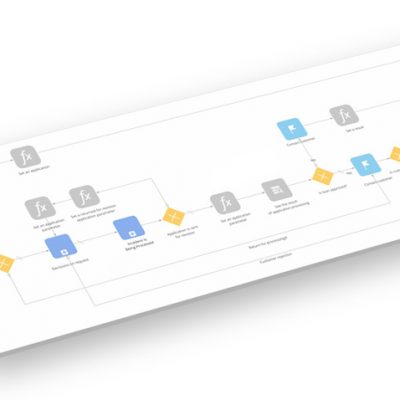
Good businesses never heed an old cliché, “What you don’t know can’t hurt you.” Quite the contrary, it can pay to read sociopolitical headlines that emerge nonstop all across Planet Earth vs. placing sole focus on bottom lines. Such visual corruption must be corrected before self-destruction via Bankruptcy Court discharge, as shown below.
Besides obvious fiscal burdens of legislated and regulated legal compliance, official policy decisions can directly impact private company finance in three indirect ways.
• Private Business Potential Borrowing Power
A prime example is U.S. Federal Reserve Board prime interest rate hikes that spikes directly inverse liquid capital supply and thereby create total loss or drive up cost of private firms’ borrowing capacity.
• Potential Customers’ Buying Potential
Next direct nexus between private business profit and bureaucratic politics impacts consumer borrowing potential, buying power or both. Revised IRS policy a few years ago stopped releasing data about tax refund liens to collect non-dischargeable debt like delinquent child support or federal student loans. Consequently, large tax return preparers like H & R Block had to stop making tax refund anticipation loans and thus sustain big revenue loss by lost customers whose main incentive was removed by law. However, payday lenders had a huge heyday the next tax season. But liquid provisions were diminished by Military Lending Act prohibitions on high-interest cash advances for U.S. Armed Forces members.
• Public & Private Company Interests with Inherent Conflicts
Last Extensive Laisse-Faire Intensive Love-Hate Public Interest-Private Industry Affair imparts new benefits to citizens that directly affects long-standing business practices. Major examples are anti-discrimination legislation, public safety regulations and a host of Industrial Revolution labor laws. Such provisions still evolve rapidly and will keep doing so indefinitely. Though compliance is quite costly, noncompliance might yield equal or far greater loss in high fines or jail time and thus exclude both options that preclude any profit.
Thus, wise enterprisers devise proactive strategies vs. reactive attack plans long after the fact of public policy innovative events. Get started on gaining full benefit from latest government policy trends by following the roadmap we present below.
Two recent paradigm shifts have renewed old business ties with bold new entrepreneurial prototypes.
• Information Restricts Prohibitive Legislation
Until very recently, a vast majority of public policy aimed to inhibit or restrain private markets. But such restrictive official decision making is lately taking turns in decided favor of private firms. Not surprisingly, this novel private-sector gain is given main credit to twin benefactors by the name Information & Technology. The huge fly in otherwise optimistic e-government ointment is no liquid honey to draw great IT talent with big money like six-figure starting private-industry pay. Which is a positive event for non-government entities driven by pure profit motive that dictates staying ahead of the game or dropping out like flies from pecuniary drain. Largest supply is now Big Government, as Uncle Sam can no longer afford to ignore cost-efficient outsourced IT skill in chronically acute shortage within his relatively destitute rank-and-file domain.
• Knowledge Dictates Private Intervention in Government Decisions
According to professionals who have an online master’s in public administration, public policy is historically delegated to the government with the responsibility for economic growth and development. This view was due to local geo-eco scope, genuine humanitarian concern and no need to learn special skills to earn good wages as micro-level generators of macroeconomic vibrancy.
However, those days are long bygone as high-tech has taken over all life endeavors. This applies especially to ever-globalized commerce that utilizes knowledge as the dominant production factor. By very nature, knowledge has inherent vast differences from production factors like capital, land and labor. The key distinctions are uncertainty and asymmetry that make knowledge transaction costs difficult to evaluate across many agents. Moreover, knowledge is an intangible asset not easily reducible to objective standard criteria of comparative quality and quantity.
Thus, the only means left to ascertain knowledge cost-efficiency, quality and quantity is a proven track record of historical performance in relevant applications. As private industry got a long head start by existence contingent on profit, government IT and knowledge acquisition requires market competition
Contact Information
Theodore Lowe, Ap #867-859
Sit Rd, Azusa New York
We Are Available 24/ 7. EMAIL Now.
- 7 August, 2025




